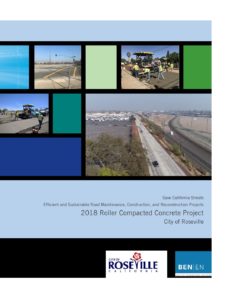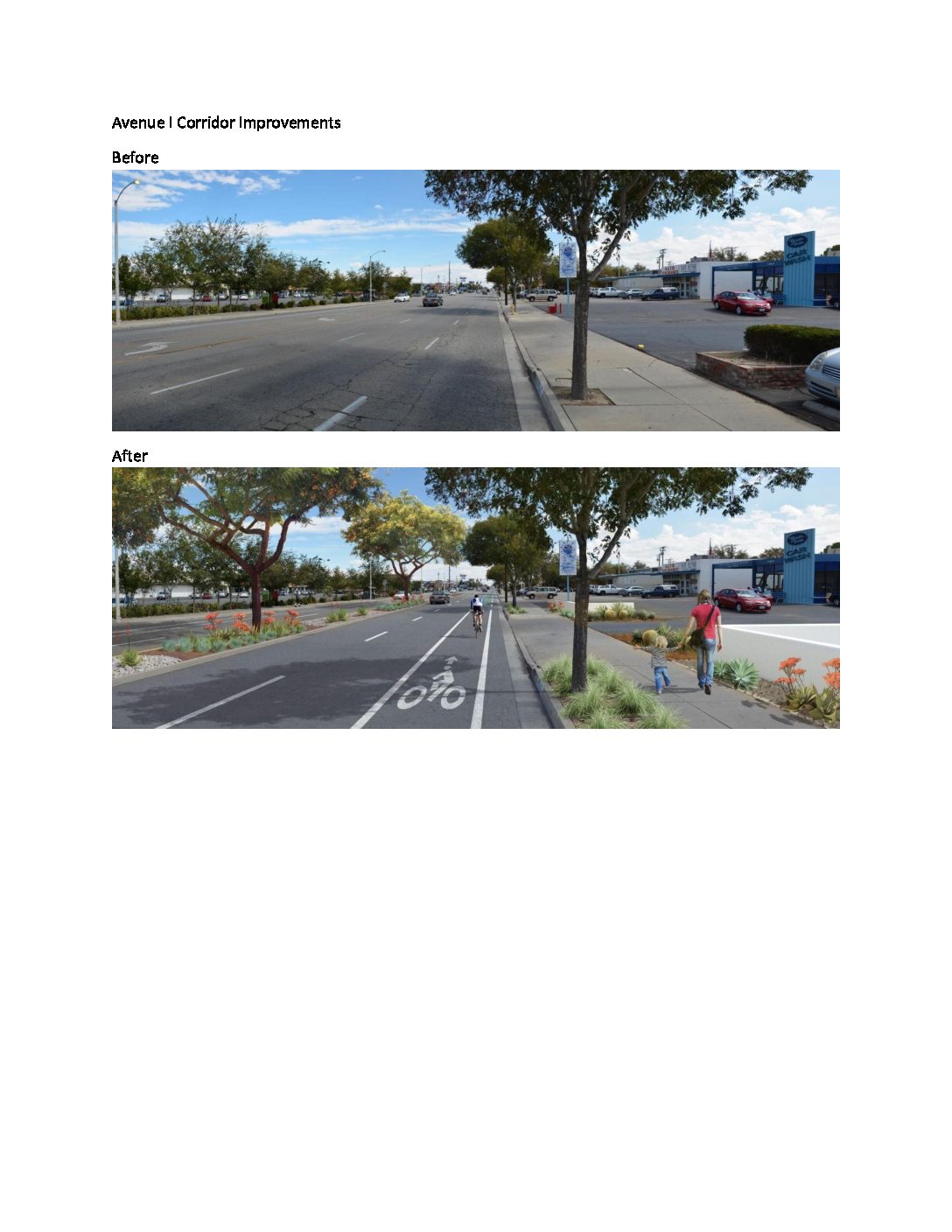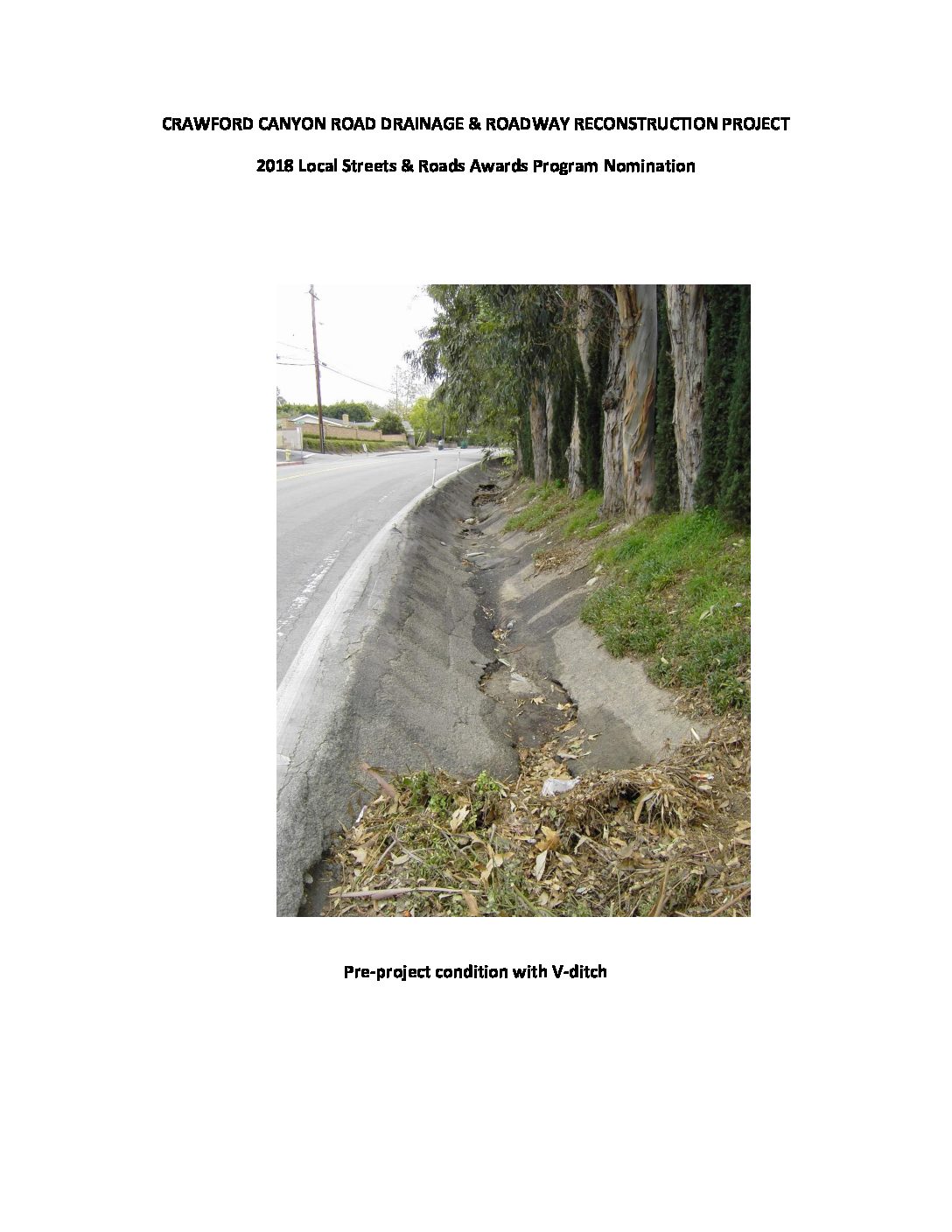2018 Roller Compacted Concrete Pilot Project
Location
Washington Boulevard, Atkinson Street, Hickory Street
City or County Responsible for Project
City of Roseville
Category
Roads: Efficient and Sustainable Road Maintenance, Construction and Reconstruction Projects.
Author
Noah Siviglia, PE
City of Roseville
311 Vernon St, Roseville, CA 95678
(916) 746-1300
Project Description
The City of Roseville 2018 Roller Compacted Concrete Pilot Project reconstructed more than two miles of existing asphalt pavement road with Roller Compacted Concrete (RCC) in multiple locations. Three diverse roads were chosen for the pilot project. Washington Boulevard is a five-lane arterial, Atkinson Street is a two-lane collector road and Hickory Street is a residential street. Potholes and roughness were a frequent complaint as residents made regular requests to the City to fix these roads. RCC is a revolutionary pavement that blends the speed and cost of asphalt with the longevity and benefits of concrete pavement. In addition to reduced lifetime maintenance costs the costs for the pavement on this project came in about 10% lower than expected for a comparable asphalt pavement. Another advantage of RCC is it can be open for traffic in as little as two days with cross traffic allowed in as little as one paving shift, versus the 10 days typically required for concrete. With RCC, the first recommended maintenance is not until year 20 year compared to every seven years with asphalt. The reduced maintenance with RCC ensures that road closures due to maintenance will be lessened, increasing safety for drivers and road crews that no longer need to be on the roadways as often. Concrete pavement is also lighter in color than asphalt; requiring less lighting and enabling better visibility at night. RCC is a relatively new pavement technology in Northern California, only a few other streets currently exist using this innovative and cost-effective pavement method. This project repaved the first residential street and five-lane arterial in the region. Others in the region are observing the outcome of this project before proceeding on their own. The goal of this project is to prove the viability of concrete as a pavement in Roseville and will serve to encourage developers to incorporate these longer-lasting concrete roads when developing future City infrastructure. Building RCC roadways will ultimately reduce City maintenance costs and costs to City taxpayers. RCC reduces the heat island effect caused by asphalt pavements. Because of the rigidity of concrete, studies indicate there is a slight increase in MPG while driving on concrete as opposed to asphalt. Concrete roadways also reduce the use of the oil and petroleum which are used in binders and emulsions for asphalt pavements. A nation-wide team of industry experts, suppliers, design engineers and construction contractors from California, Texas, Arizona and South Carolina collaborated during the entire project from design through construction. All of the information on specifications, design, plans, and bid results for this project are available to other agencies. This project, among the first to use this innovative technique in Northern California, can become an example for the League and CSAC to refer to when promoting alternative pavement rehabilitation methods.




Add Comment